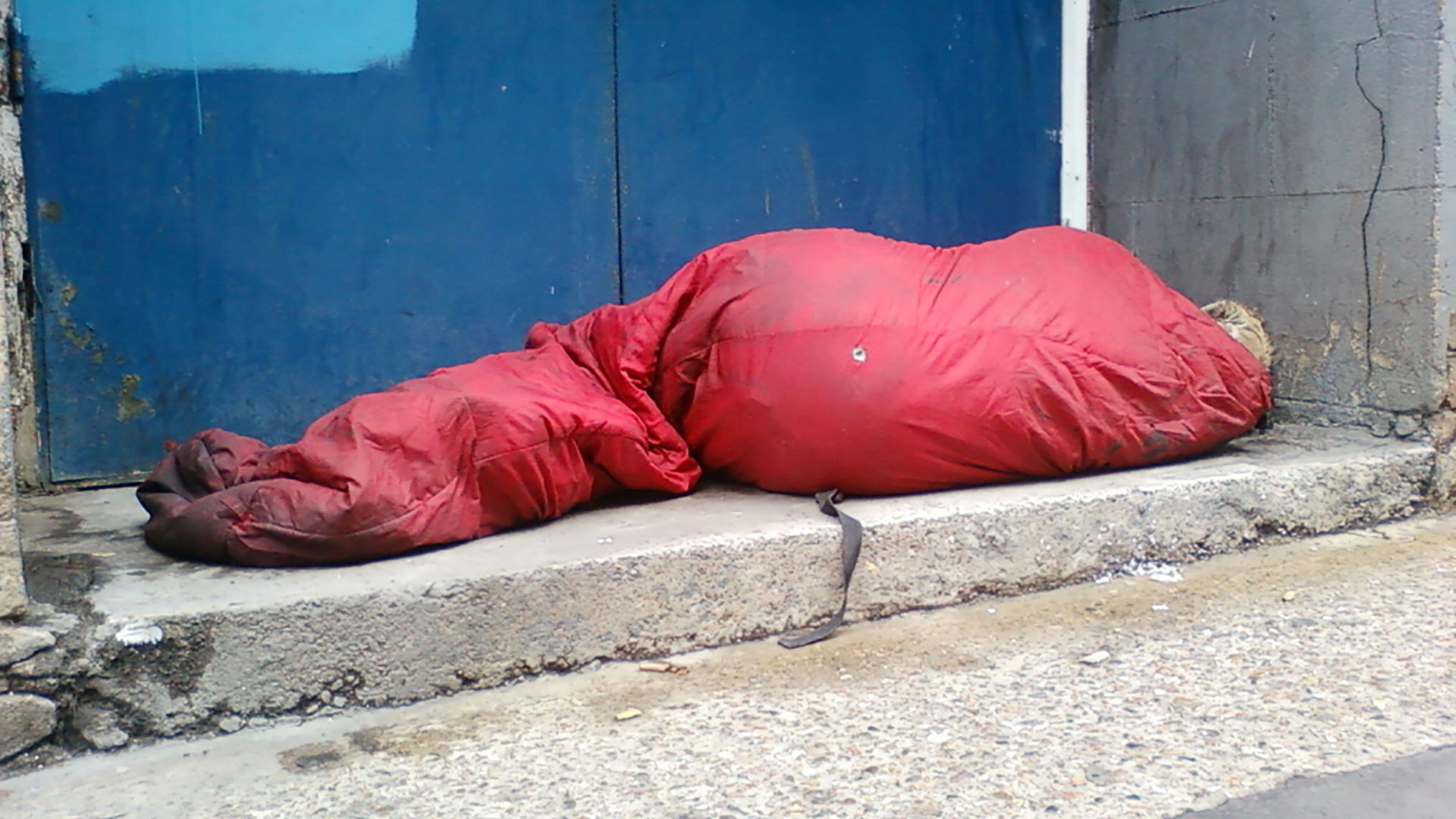Glass Door CEO Lucy Abraham said she was “saddened but not surprised” by the increase: “We are saddened but not surprised to see that there was a 21 per cent increase in rough sleeping in London.
“We are not surprised because this matches what we saw at Glass Door last winter. More individuals came to us looking for basic shelter than ever before. We offered 20,527 spaces for sleeping — the most in the charity’s history. And yet, for every 10 people who found safety and shelter with us, 14 others never progressed off the waiting list. People sometimes waited weeks to secure a space on a church floor.
“The figures released today represent a steep increase in rough sleeping in London even before we see the impact of coronavirus on homelessness. We are predicting an inevitable rise in street homelessness once the eviction prevention and furlough schemes end. London’s homelessness crisis is worsening and we need to act together now to prevent a devastating winter.”
That sentiment was echoed by Steve Douglas CBE, chief executive of St Mungo’s, the charity behind the figures.
“The crisis is not over for people sleeping rough, and even now, the numbers are rising again. There is an urgency to develop longer term solutions that tackle the scourge of homelessness for good,” said Douglas.
“We, like the many homelessness charities across the capital, are committed to working with the Greater London Authority, national and local government to achieve this.
Advertising helps fund Big Issue’s mission to end poverty
“The data shows, for example, the excellent work done by local authority funded outreach teams through the ‘No Second Night Out’ (NSNO) services in helping people off the streets quickly, with 1,773 people accessing NSNO services last year.”
However, an analysis of the report by charity Thames Reach, warned that there was a “real danger” that people are new to rough sleeping could become entrenched as the NSNO hubs have been largely closed since March due to social distancing requirements at the shared facilities the services rely on.
Meanwhile, Crisis chief executive Jon Sparkes stresses that the good work already done by the Government in the pandemic with the Everyone In scheme risks being undone unless .
He said: “Government must heed this wake-up call. With coronavirus cases rising, lives are at risk. As the cold winter months approach, we simply can’t see thousands of people sleeping rough, nor can we rely on crowded emergency night shelters where the risk of transmission is incredibly high.
“We urgently need emergency measures to protect everyone without a home from the outbreak. We must also tackle the root causes of homelessness, which include high rents and a lack of truly affordable housing, if we are ever to achieve the government’s goal of ending rough sleeping for good.”
Advertising helps fund Big Issue’s mission to end poverty





